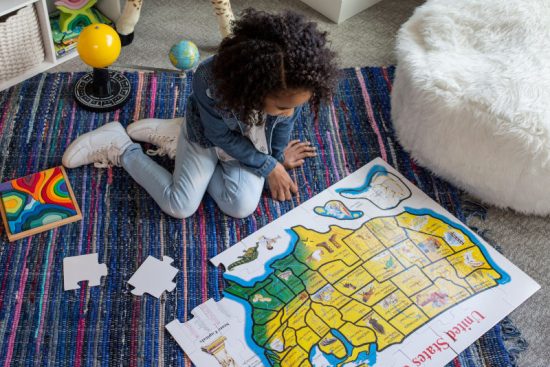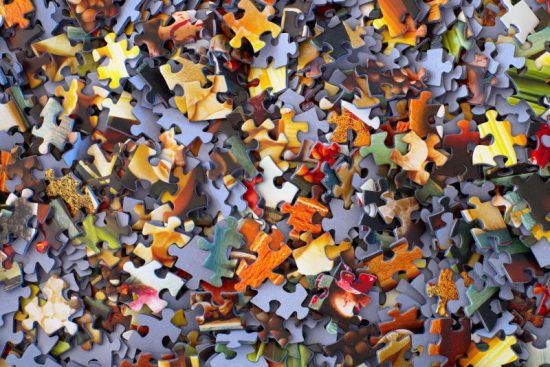
Choosing the right toys for children with autism can make a world of difference in their development and daily experiences. These toys aren’t just for fun; they play a crucial role in enhancing sensory, cognitive, and social skills. With countless options available, finding toys that cater to the unique needs of autistic kids can be challenging yet rewarding.
Toys for Autism Kids
Choosing the right toys can significantly impact the growth and well-being of children with autism. It’s crucial to select toys that cater to their unique needs.
Cognitive Benefits
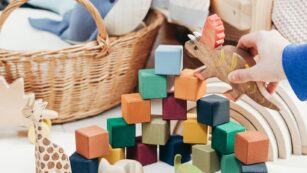 Toys that enhance cognitive skills provide more than just fun. They stimulate thinking, problem-solving, and memory. Puzzle toys, for example, improve visual-spatial reasoning and fine motor skills. Additionally, interactive learning tools like educational tablets help with language development and concept comprehension. Blocks and construction sets teach mathematical reasoning and planning.
Toys that enhance cognitive skills provide more than just fun. They stimulate thinking, problem-solving, and memory. Puzzle toys, for example, improve visual-spatial reasoning and fine motor skills. Additionally, interactive learning tools like educational tablets help with language development and concept comprehension. Blocks and construction sets teach mathematical reasoning and planning.
Toys can also play a vital role in emotional and social growth. Sensory toys, like weighted stuffed animals, offer comfort and help manage anxiety. Social playsets, such as dolls or action figures, encourage role-playing which fosters empathy and understanding of social cues. Interactive games, both physical and digital, teach turn-taking and cooperative play, essential for developing social interaction skills.
Types of Toys Suitable for Autism Kids
Selecting the right toys can significantly benefit autistic children’s development. Different types of toys cater to various aspects of sensory, cognitive, and social skills.
Sensory Toys
Sensory toys aid in stimulating or calming the senses. Examples include textured balls, chewable necklaces, and fidget spinners. They help children with autism process sensory information more effectively. Weighted blankets and body socks provide deep pressure, offering a calming effect. Sensory toys often reduce anxiety and improve focus, making them essential tools.
Educational Toys
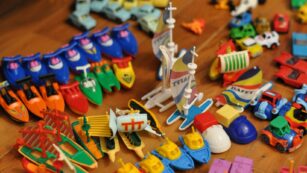 Educational toys support learning and cognitive development. Puzzle toys enhance problem-solving skills while educational tablets foster language acquisition through interactive apps. Flashcards and sorting games improve memory and categorization. Building blocks and STEM kits help develop fine motor skills and creativity. These toys ensure a balance of fun and educational value.
Educational toys support learning and cognitive development. Puzzle toys enhance problem-solving skills while educational tablets foster language acquisition through interactive apps. Flashcards and sorting games improve memory and categorization. Building blocks and STEM kits help develop fine motor skills and creativity. These toys ensure a balance of fun and educational value.
Interactive toys promote social interaction and cooperative play. Examples include board games designed for group participation, interactive storybooks, and robotic companions. Dolls and social playsets teach empathy and role-playing. Interactive games that require turn-taking and following rules enhance social skills. These toys make learning social cues engaging and enjoyable.
How to Choose the Right Toys
Sensory Preferences
Understanding sensory preferences helps in selecting toys that are calming or stimulating. For children who seek tactile input, consider fidget toys or textured balls. Those who enjoy visual input might benefit from light-up toys or those that change colors.
Developmental Goals
Focus on toys that align with developmental goals. For cognitive development, puzzle games and sorting activities are effective. For language skills, consider interactive storybooks or apps that promote verbal interaction.
Safety and Durability
Safety and durability are essential. Ensure toys are made from non-toxic materials and check for small parts that might pose choking hazards. Durable toys withstand repetitive use without easily breaking.
Age Appropriateness
Select toys that are age-appropriate. Toys meant for younger children tend to be simpler, while those for older children offer more complexity and challenge. Age-appropriate toys ensure that the child isn’t overwhelmed or bored.
Personalized Interest
Consider the child’s interests. If a child loves animals, look for animal-themed toys. This personalization keeps the child engaged and makes playtime enjoyable.
Multi-functional Toys
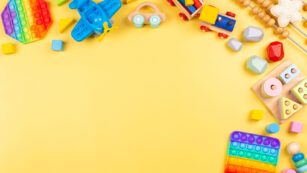 Opt for multi-functional toys that serve various purposes. Building blocks can enhance motor skills, creativity, and problem-solving abilities. Multi-functional toys maximize developmental benefits.
Opt for multi-functional toys that serve various purposes. Building blocks can enhance motor skills, creativity, and problem-solving abilities. Multi-functional toys maximize developmental benefits.
Choose toys that encourage peer interaction. Cooperative board games and group activities help develop social skills. These toys teach children how to share, take turns, and collaborate.
Consider recommendations from therapists. Occupational therapists often suggest specific toys that align with therapeutic goals. This professional input ensures toys meet the child’s unique needs.
Budget Considerations
While quality is crucial, budget-friendly options exist. Look for sales, deals, or second-hand toys that are still in good condition. Balancing quality and cost is possible with careful shopping.
Use these criteria when choosing toys for children with autism.

